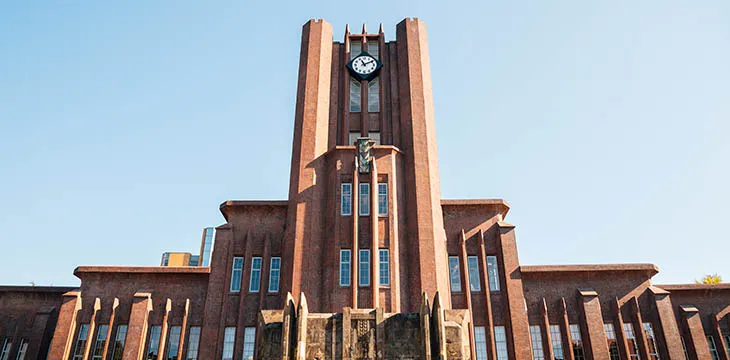|
Getting your Trinity Audio player ready...
|
The University of Tokyo, also known as Todai, has announced that it will launch a wide range of educational programs taught in the metaverse later this year.
The Asahi Shimbun reports that the program will be open to students ranging from high school to working adults. The program will also be set up by Todai’s Faculty of Engineering and engineering-related graduate schools, but will not be a regular faculty that offers degrees.
Courses directed at junior and senior high school students will introduce them to engineering and information science fields and advise them on careers in the field. Female students will be given priority to boost their representation in the engineering profession.
University students and adults already employed will also be offered courses in fields such as artificial intelligence, entrepreneurial education, and next-generation communication technology. The courses will focus on upskilling/reskilling them.
This is in line with the program’s primary aim, which is to address the shortage of skilled personnel to handle digital transformation and keep up with rapidly advancing technologies. The university says classes will be held in virtual reality as well as face-to-face, and certificates will be issued to successful students.
Todai’s metaverse platform is already active and has been used several times by the university’s president, Teruo Fujii, to deliver a lecture in January and to give online orientation for incoming students.
The platform is open to students of other universities to do research with and for high school students and their parents/guardians to explore.
Metaverse technology adoption expanding rapidly
Japan has seen a rapid increase in metaverse-related projects. The country has recorded its first city—Yoshimoto Kogyo and Yabu City, Hyogo Prefecture—to open a metaverse platform, as reported by Kobe Shimbun.
Meanwhile, the University of Tokyo has not been the only educational institution to explore the utilization of the metaverse to impact knowledge. In June, Arizona State University (ASU) filed trademarks with the USPTO that indicate an intention to hold classes in virtual reality and use other metaverse technologies.
Similarly, a World Bank report in April shows that several Eastern Caribbean national colleges are building their capacity toward using metaverse technology. The project is a joint effort by the Organization of Eastern Caribbean States (OECS) and the World Bank and will develop a unified Virtual Campus model.
Watch: The BSV Global Blockchain Convention presentation, Masters of the Metaverse
https://youtu.be/hAV2jEP4nJs

 08-16-2025
08-16-2025 




